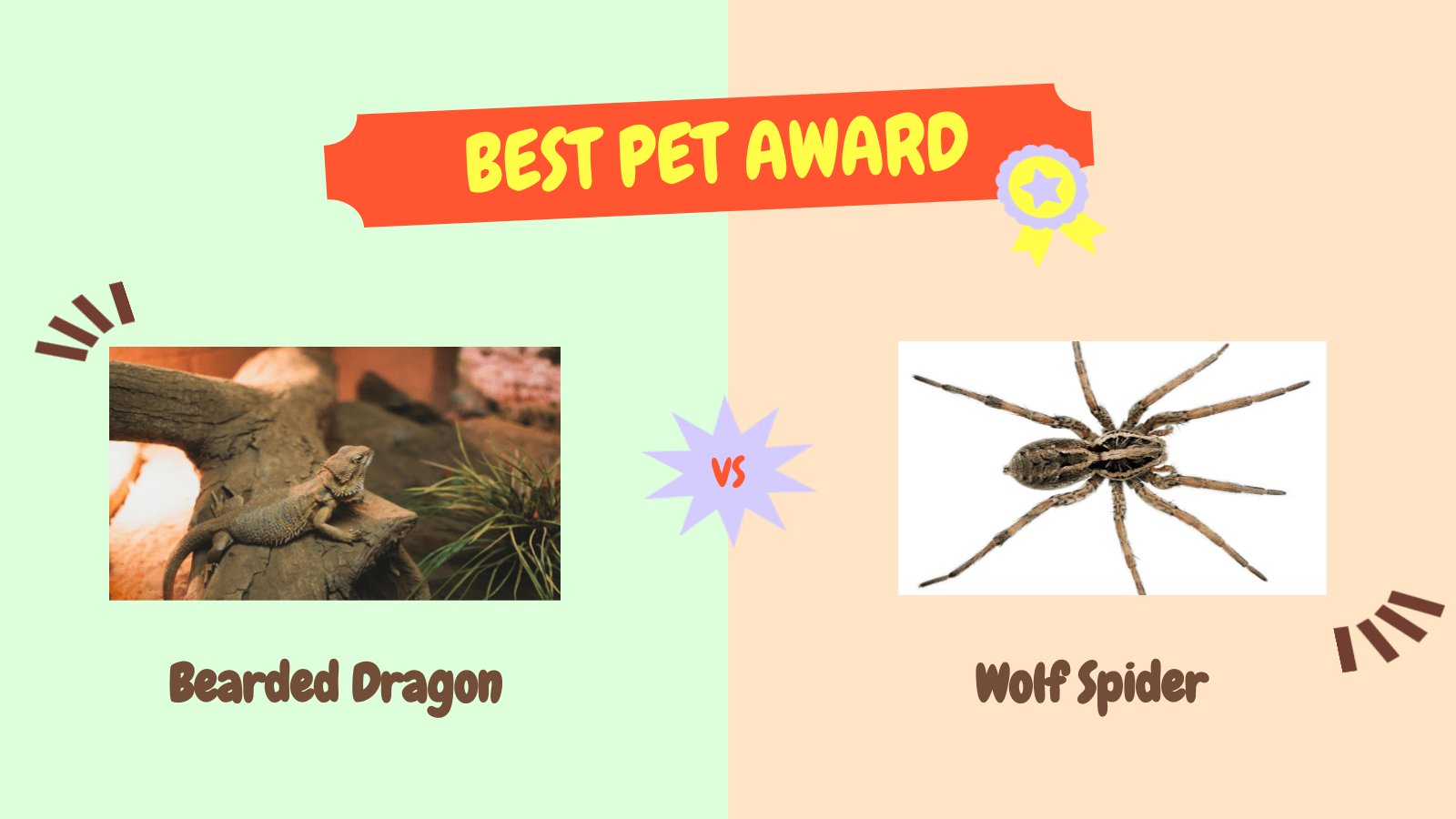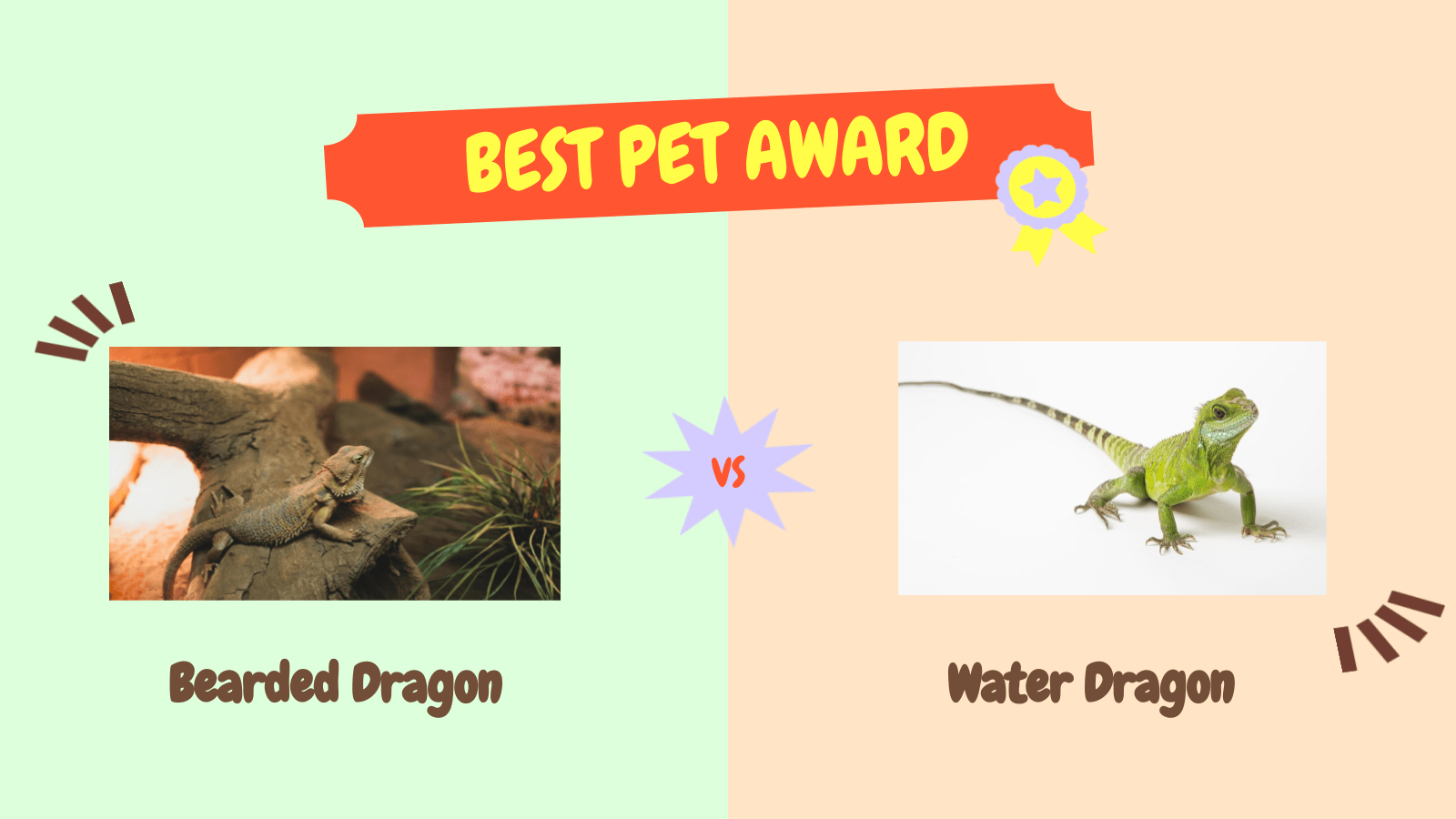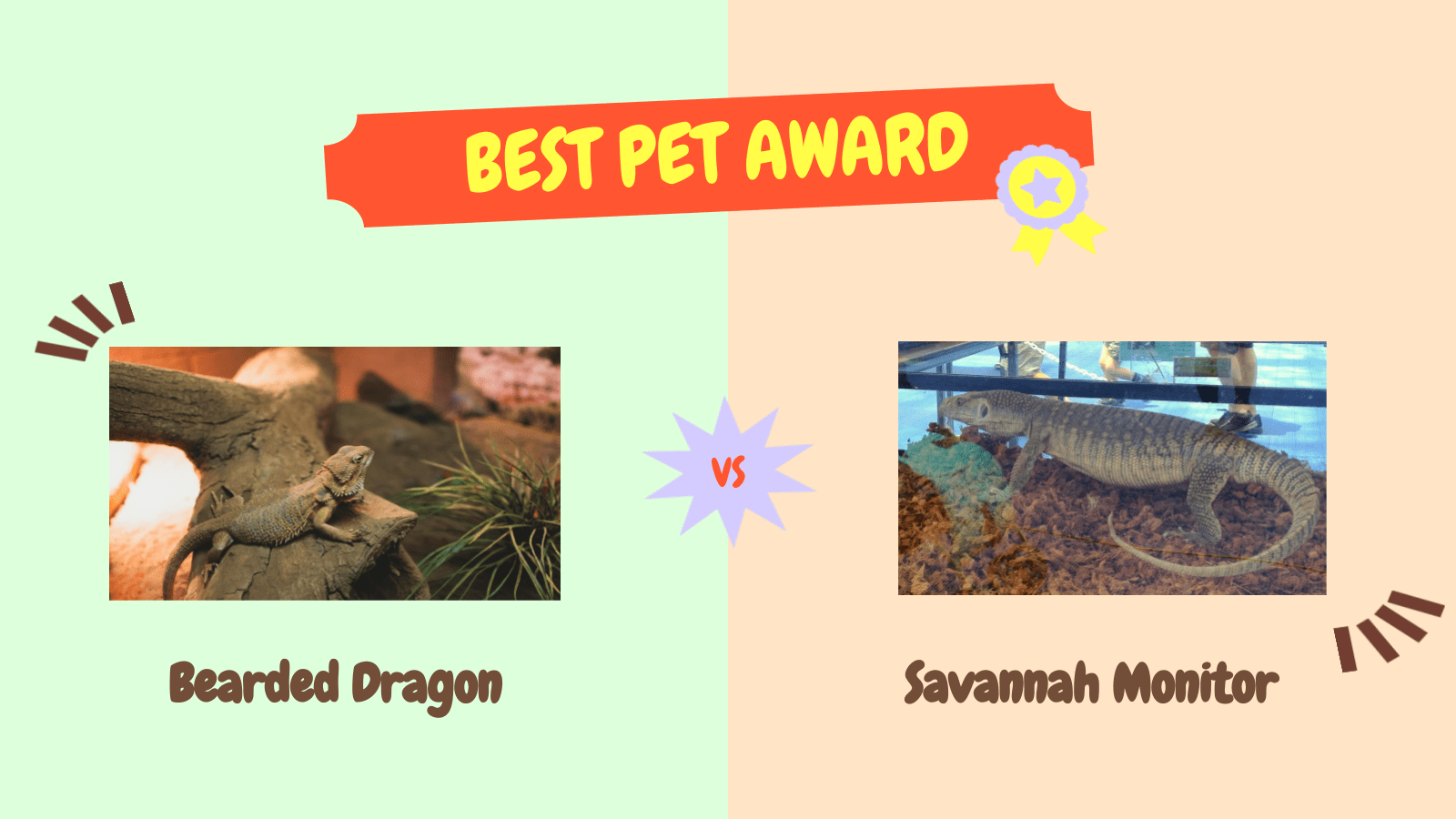Ever found yourself wondering why your bearded dragon seems to bob his head at nothing in particular? You’re not alone. Many owners observe this unique behavior.
Sometimes, we might suspect a hidden world only our pets can see. Other times, we may simply scratch our heads in confusion.
Don’t worry – it’s not as mysterious as it seems. Let’s dive into understanding why your bearded dragon engages in this odd head bobbing ritual.
5 Explorations into Why Bearded Dragons Bob Their Heads at Nothing
- Asserting Dominance
Your bearded dragon could be bobbing his head at nothing as a way of asserting dominance. This behavior is commonly observed in males, especially during the mating season. - Communicating with Other Dragons
Even if you don’t see another dragon, your pet might. They could be bobbing their head to communicate with potential unseen opponents or mates. - Reacting to Reflection
Bearded dragons sometimes mistake their reflection for another dragon. The head bobbing you observe could be a response to their mirror image. - Feeling Stressed or Anxious
Your bearded dragon might be feeling stressed or anxious, causing them to bob their head. Check their environment for potential stressors, like noise or temperature changes. - Exhibiting Habitual Behavior
Some bearded dragons develop habitual behaviors for no apparent reason. It’s possible the head bobbing you’re seeing has simply become a habit for your pet.
How to React to Your Bearded Dragon’s Untriggered Head Bobbing
Understanding your bearded dragon’s untriggered head bobbing can be puzzling. Here’s how you should react.
Firstly, don’t panic. This behavior is a common part of their communication and social interaction. However, if it becomes frequent and obsessive, take note. It might be a sign of stress or illness.
If you observe increased bobbing, try adjusting the terrarium’s environment. Ensure optimal temperature ranges between 75-85°F during the day, and around 70°F at night. Also, provide a proper UVB light for about 10-12 hours a day.
While handling your bearded dragon, remain calm and gentle. Sudden movements may increase stress levels, enhancing head bobbing.
Keep a close eye on their diet as well. A balanced diet with the right mix of vegetables, fruits, and proteins is essential.
If these steps don’t ease the head bobbing, consult a vet. Remember, it’s always better to be safe than sorry when it comes to your scaly friend’s health.
To further extend your knowledge about bearded dragons, here are a few more to explore:
- Why Does My Bearded Dragon Have Bloody Poop?
- Why Is My Bearded Dragon’s Poop Runny?
- Why Is My Bearded Dragon’s Stool White?
Each post offers in-depth insights, giving you all the details you need to take good care of your beardie.
Remember to research and prepare for your pet’s specific needs, and you’ll have a happy and healthy companion for years to come.
Happy pet-keeping!


